-
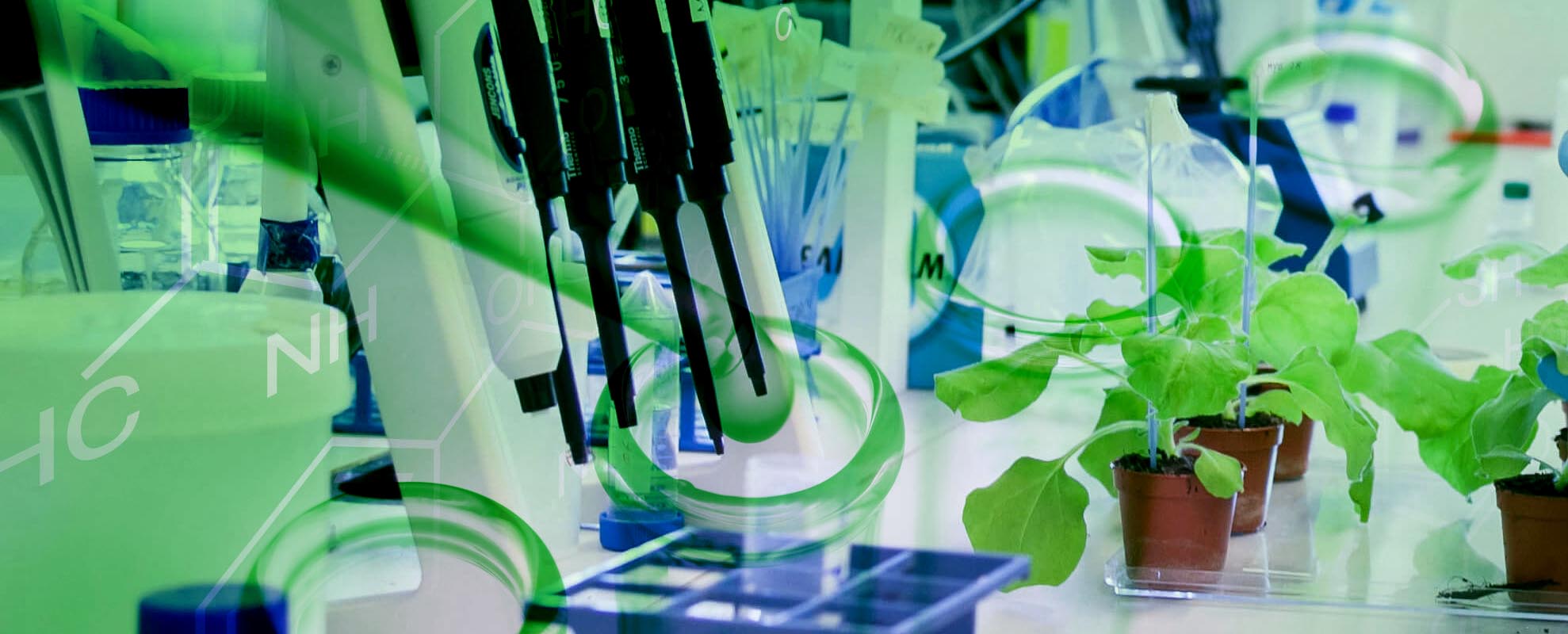
-

-
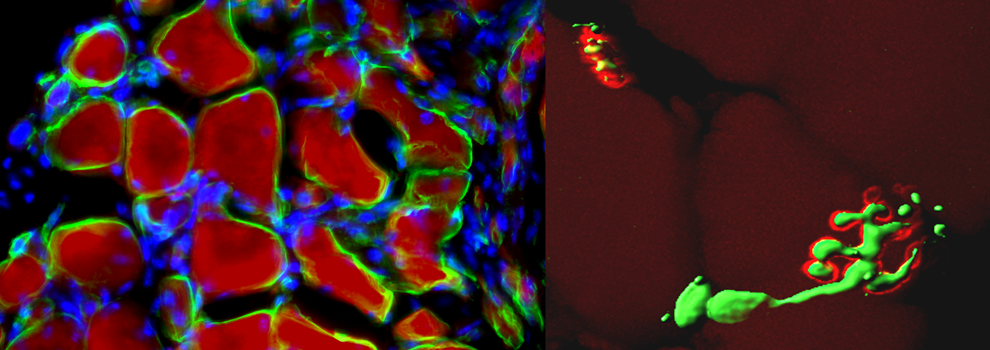
Artificial muscle cross-section:
laminin (green)
Myosin (red)
Dapi (blue)Neuromuscular plaque in
artificial muscle section:
neurofilament (green)
bungarotoxin (red) -

-
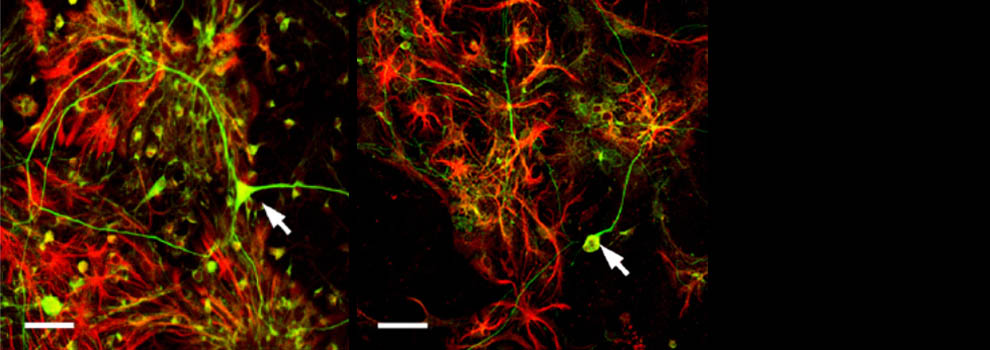 Lab. of Neurochemistry
Lab. of Neurochemistry
Studio dei meccanismi
molecolari delle malattie
neurodegenerative -
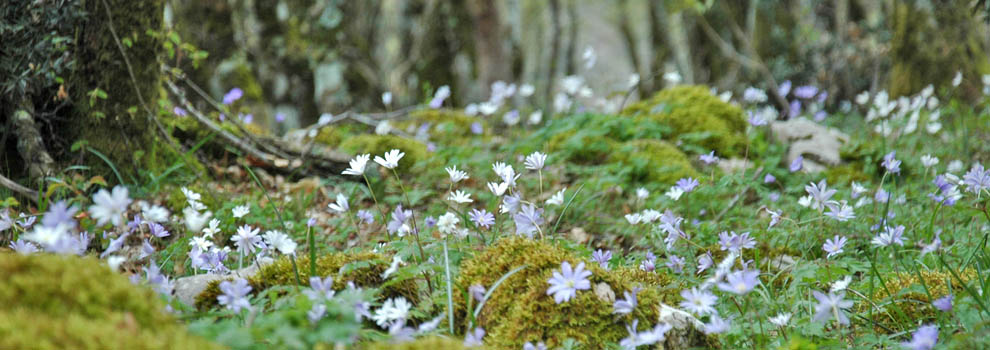 Anemone apennina
Anemone apennina
Monti SimbruiniFoto di Letizia Zanella -
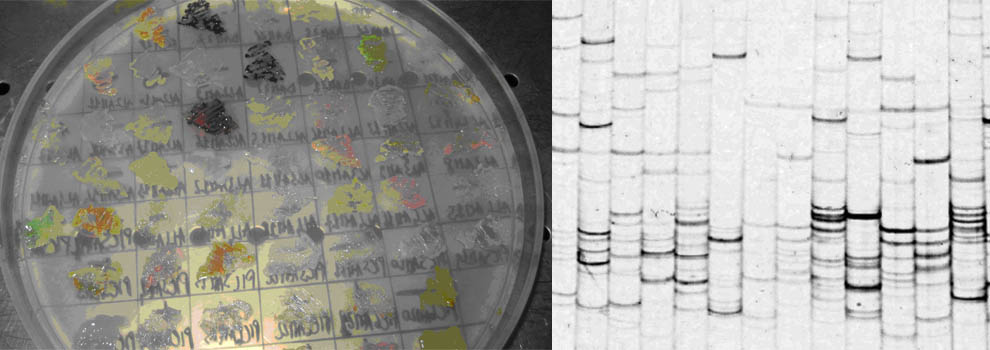 Studio delle comunità
Studio delle comunità
di batterioplankton nella
Riserva Naturale Regionale
Macchiatonda -
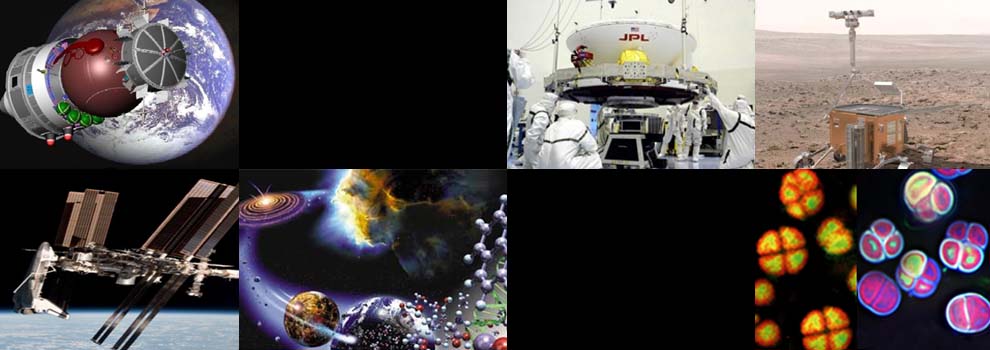 Astrobiologia e biologia
Astrobiologia e biologia
molecolare di......cianobatteri di
ambienti estremi -
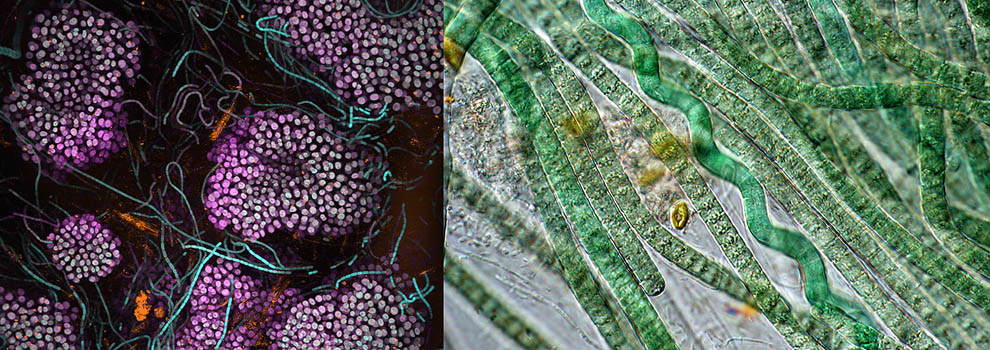
-
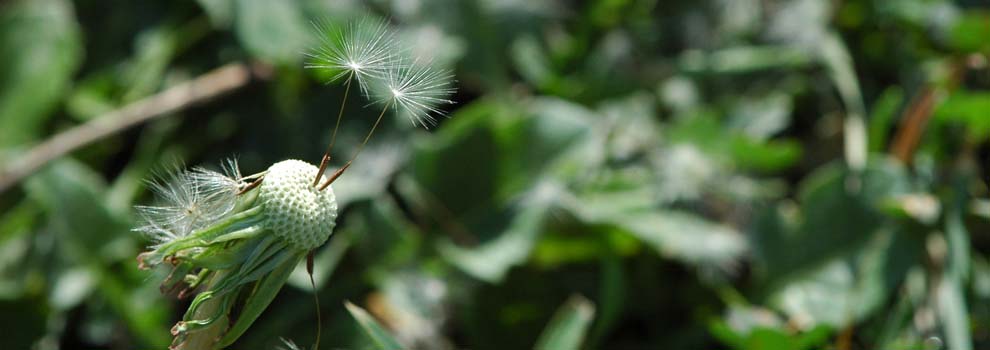
Il Dipartimento di Biologia dell’Università degli Studi di Roma “Tor Vergata” orienta la sua missione formativa e di ricerca su tematiche all’avanguardia degli studi sulla vita in tutti i suoi livelli di organizzazione e varietà. Le diverse aree di ricerca concorrono a sviluppare una piattaforma multidisciplinare su temi quali: i meccanismi molecolari delle malattie neurodegenerative, la regolazione dei processi di cancerogenesi; la caratterizzazione di molecole di origine vegetale ed animale; la valutazione delle comunità ecologiche e il monitoraggio ambientale.
Regolamento Dipartimento di Biologia DR 3756 del 06.12.2012
XAug
Incendio all’Orto Botanico
Scriviamo questo post per informare e ringraziare le migliaia di persone che ci hanno scritto e che ci hanno mandato il loro supporto a seguito dell’incendio che nella giornata di ieri ha interessato parte dell’Orto Botanico dell’Università degli Studi di Roma Tor Vergata.
L’incendio doloso è divampato nel primo pomeriggio nell’area del cantiere dell’Ex Città dello Sport di fronte all’Orto Botanico, complice il vento e il grande caldo alcune ceneri ancora accese hanno raggiunto il Bosco di conservazione della Biodiversità autoctona dando fuoco ad un’area di circa 10.000 mq.
Il fuoco si è propagato velocemente interessando tutto il settore del bosco di transizione e coinvolgendo direttamente circa 150 alberi, il monitoraggio delle prossime settimane ci aiuterà a capire quanti danni hanno subito le piante ed il tipo di intervento di ripristino che sarà necessario.
Ringraziamo i Vigili del Fuoco, la Vigilanza, la Protezione Civile, la Polizia e Vigili Urbani e tutti coloro che hanno collaborato per domare le fiamme.
Jun
Opportunità di lavoro per Biologi Dante Labs
Il requisito minimo è la laurea triennale in biologia o biotecnologie.
È previsto un regolare contratto a tempo determinato. È richiesto il passaporto per agevolare le procedure di visto. Le spese di viaggio sono rimborsate. Per informazioni mandare la propria candidatura e curriculum alla mail: margherita.messina@dantelabs.com.
Jun
May
Posizioni aperte:
1. Biologo per esecuzione di tamponi a bordo di navi da crociera
2. Biologo per analisi e processamento di tamponi a bordo di navi da crociera
Posizione: Biologo per esecuzione (non analisi) di tamponi a bordo di navi da crociera
Requisiti:
- Laurea magistrale in biologia
- Abilitazione alla professione
- Iscrizione all’ordine nazionale dei biologi
Posizione: Biologo per analisi e processamento di tamponi a bordo di navi da crociera
Requisiti minimi:
- Laurea triennale in biologia o biotecnologie
Le date ed i porti di imbarco variano di volta in volta e a seconda della nave. È previsto un contratto a tempo determinato (livello 6° del CCNL Terziario Confcommercio) per un periodo di 4 settimane. L’orario di lavoro è altamente flessibile, sulla base del numero, notevolmente variabile, di tamponi giornalieri, che vengono effettuati quando richiesto. Pertanto l’orario lavorativo non può essere definito in maniera precisa, ovvero non sarà sempre 8-12 e 16-20. I tempi di preavviso sono limitati. Trattasi di impiego regolarmente retribuito e contrattualizzato, pertanto, è richiesta da parte degli operatori un’attitudine al lavoro ben disposta e volenterosa, come si deve nel corso di una emergenza globale. Questa tipologia di attività, per sua natura, può riservare imprevisti ed inconvenienti di ogni genere: l’operatore, che decide di accettare l’incarico, deve avere questa consapevolezza.
È possibile mandare la propria candidatura e curriculum vitae alla mail margherita.messina@dantelabs.com, agli interessati verranno fornite informazioni aggiuntive.
PROGETTI:
CERCA NEL SITO:
FACILITIES:
Via della Ricerca Scientifica 1 - 00173 Roma, Tel +39 06 72594391 Fax +39 06 2023500 dipartimentobiologia@pec.uniroma2.it






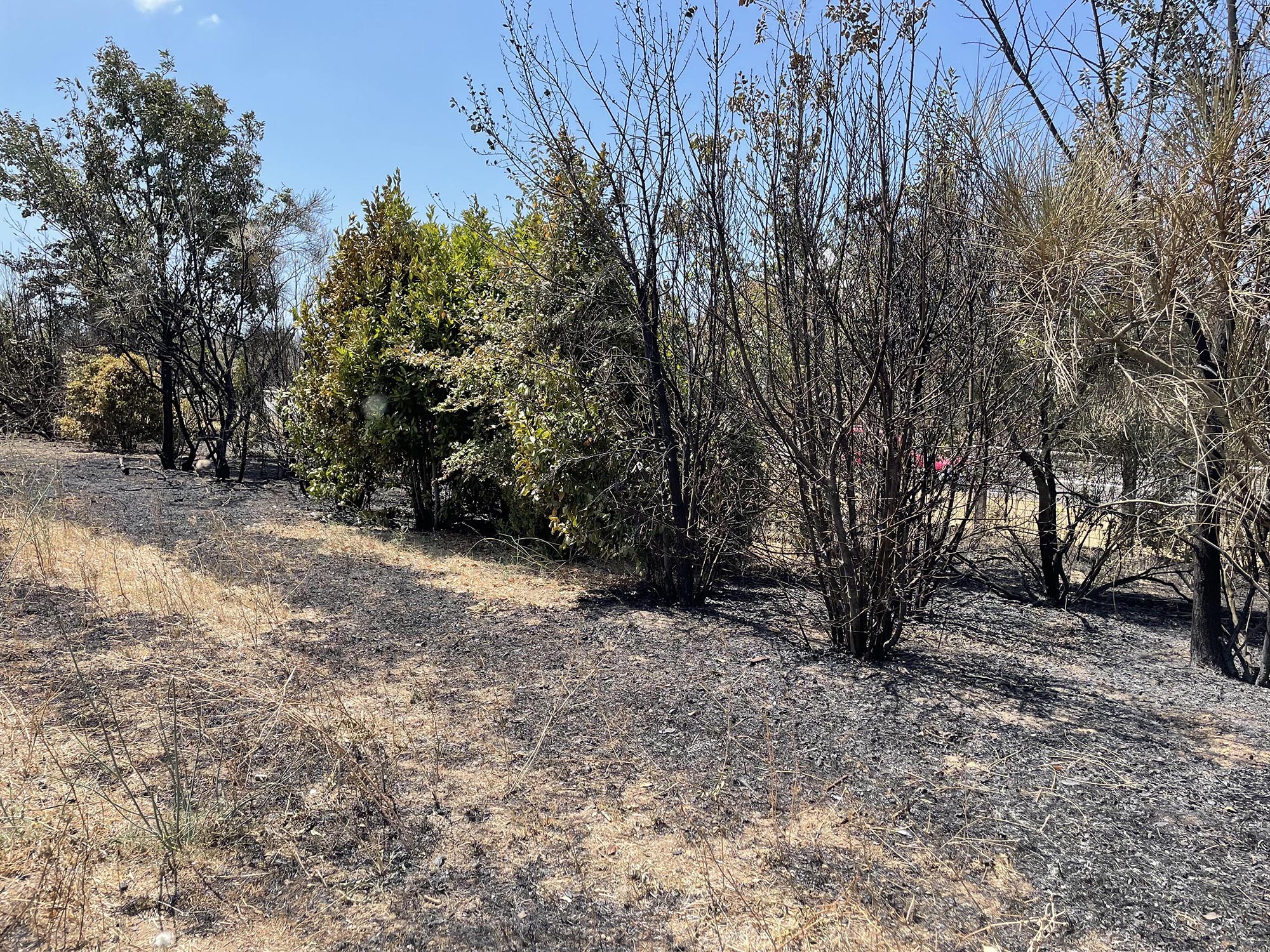
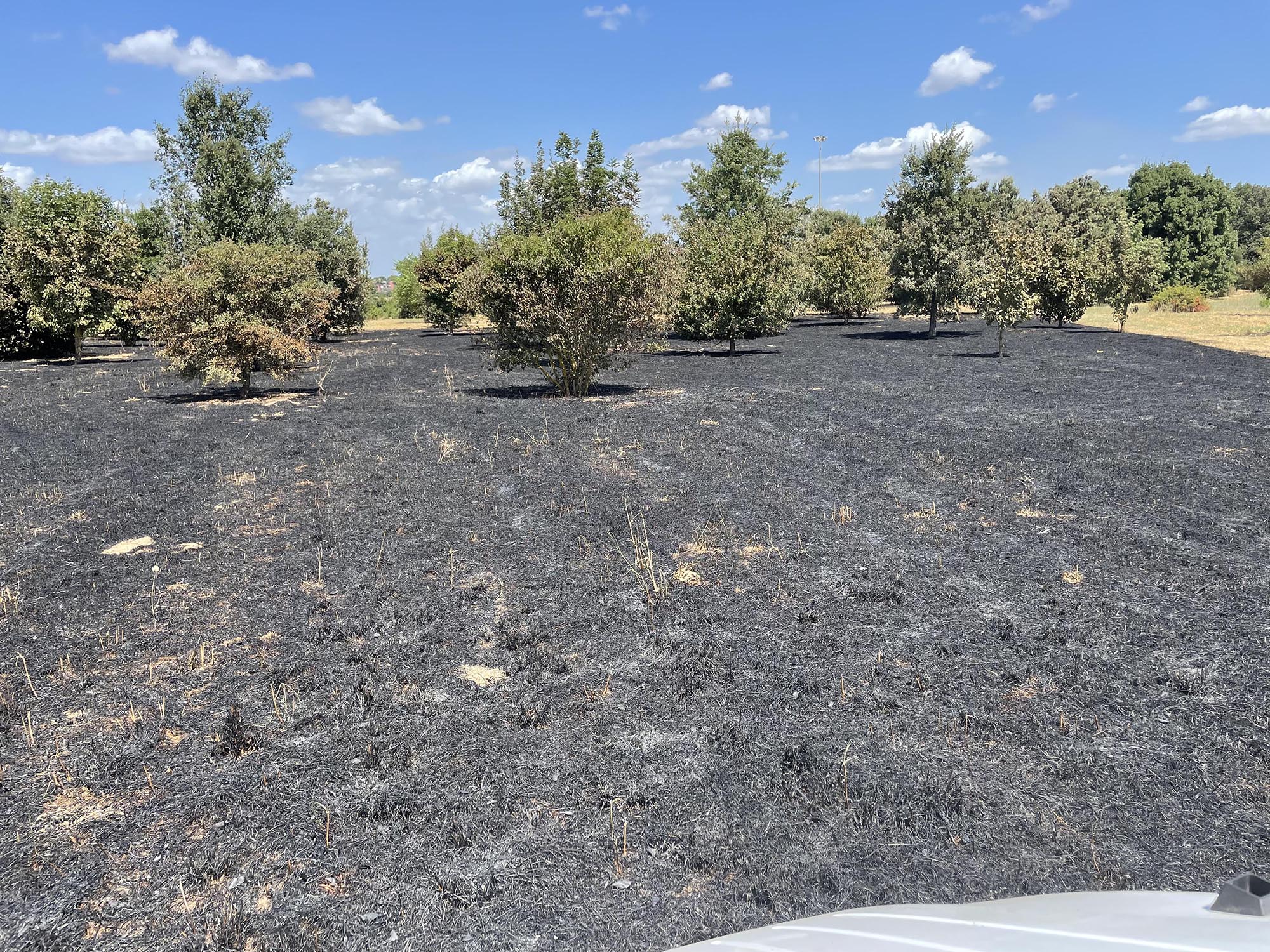

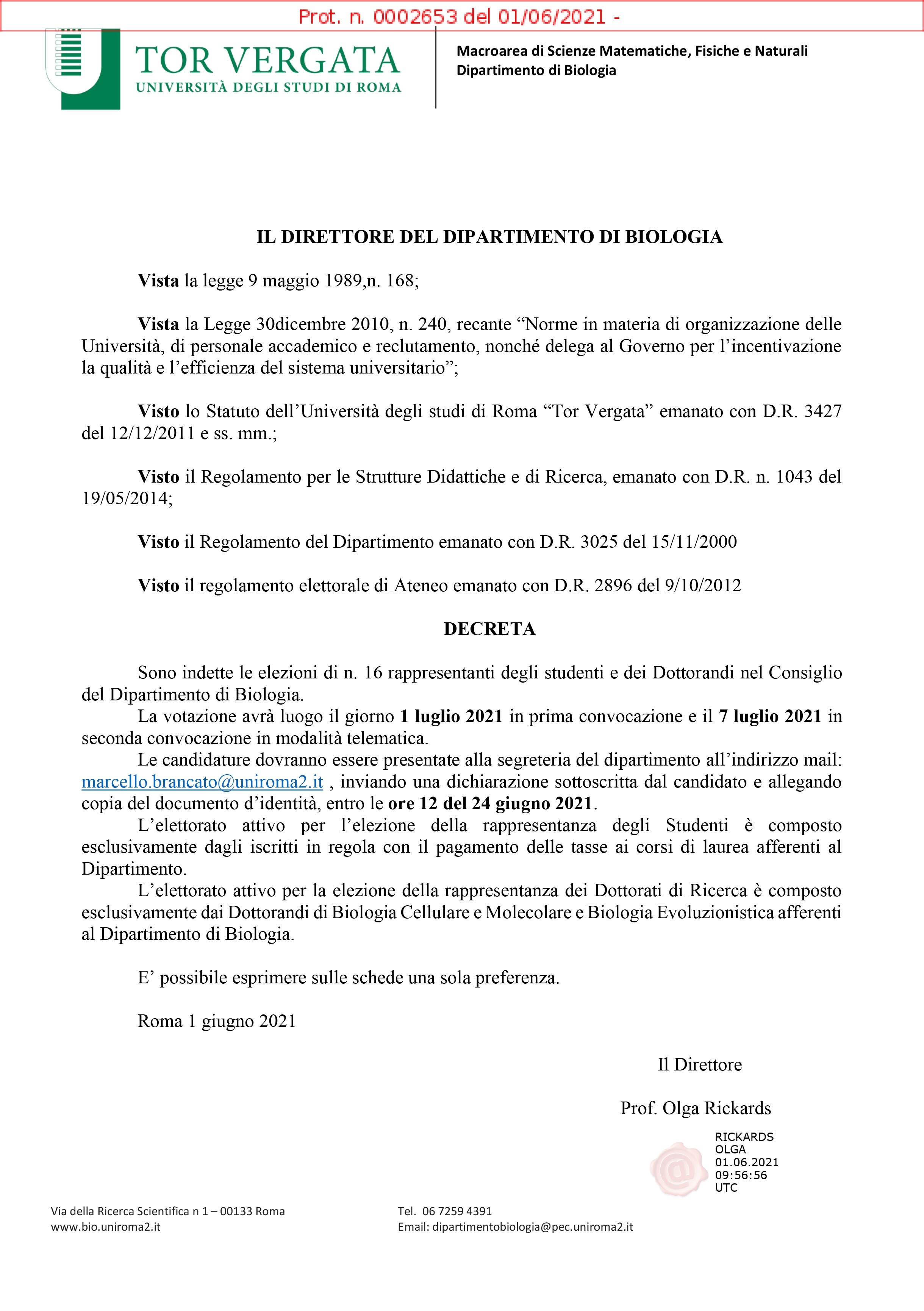







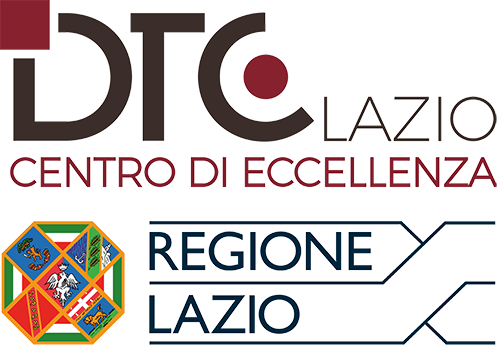
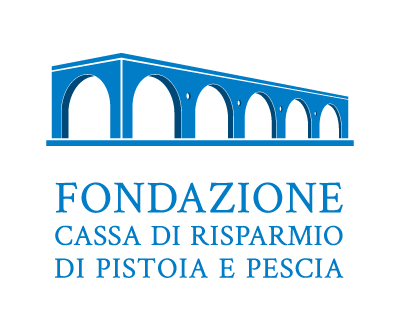
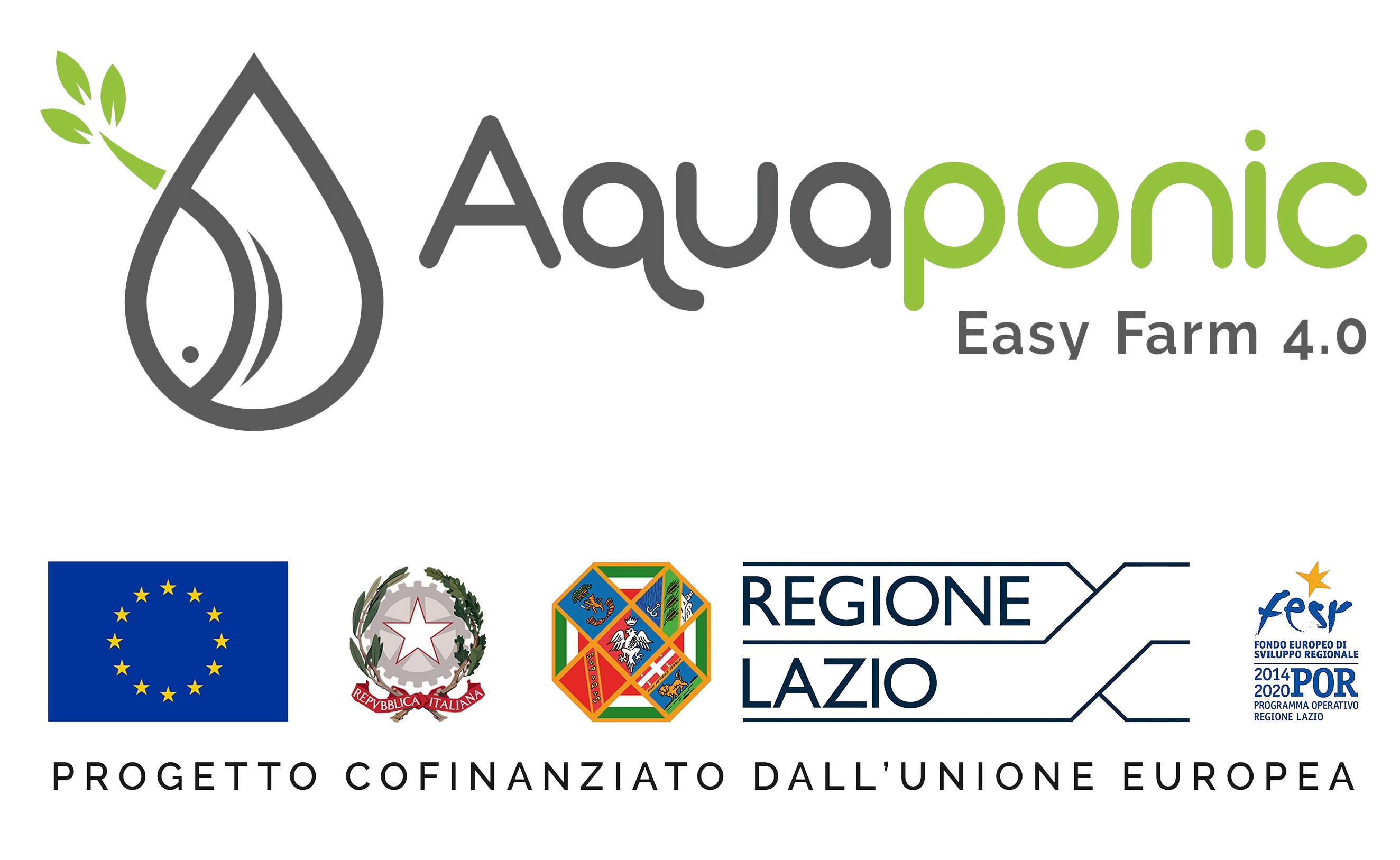
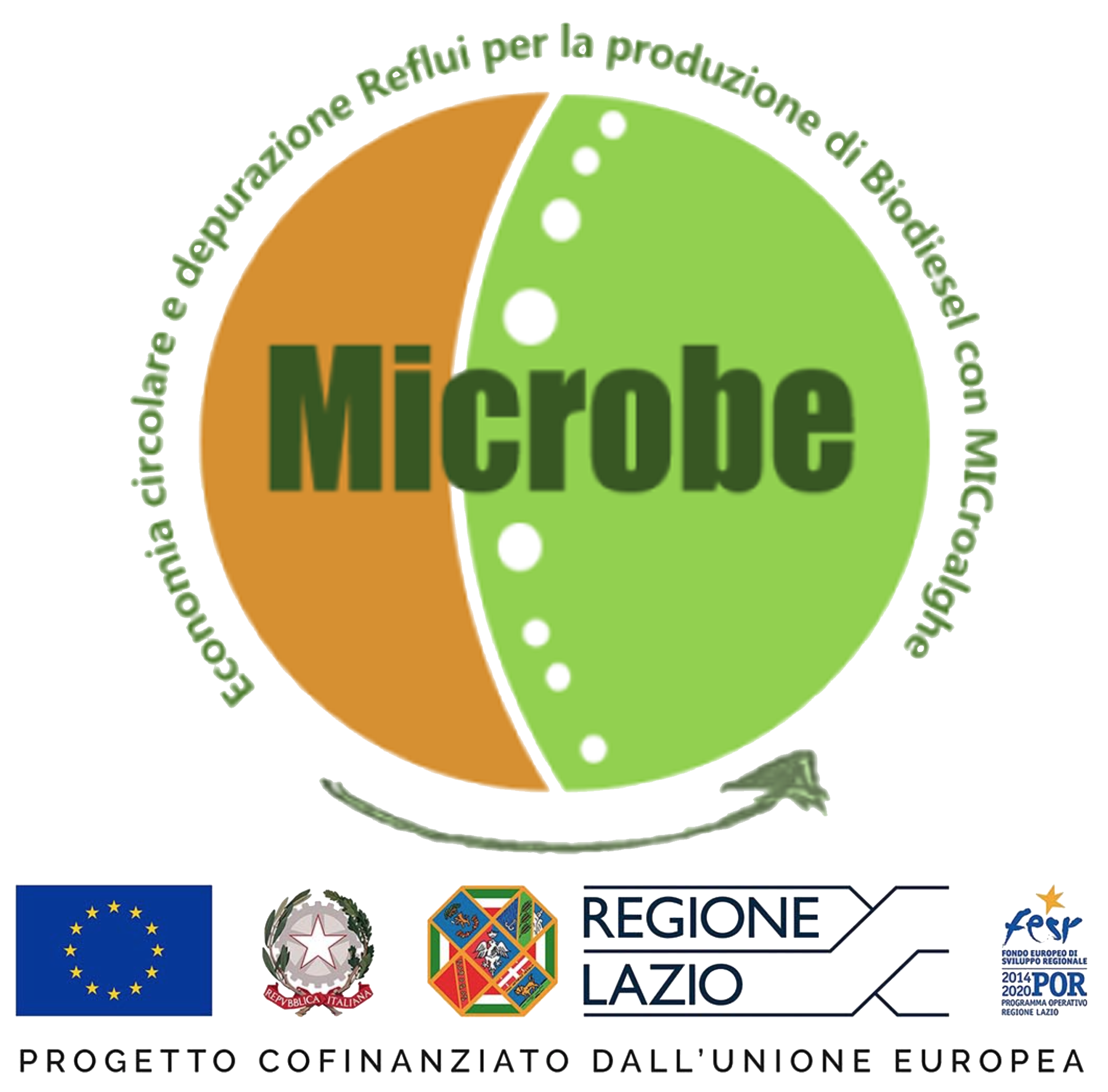
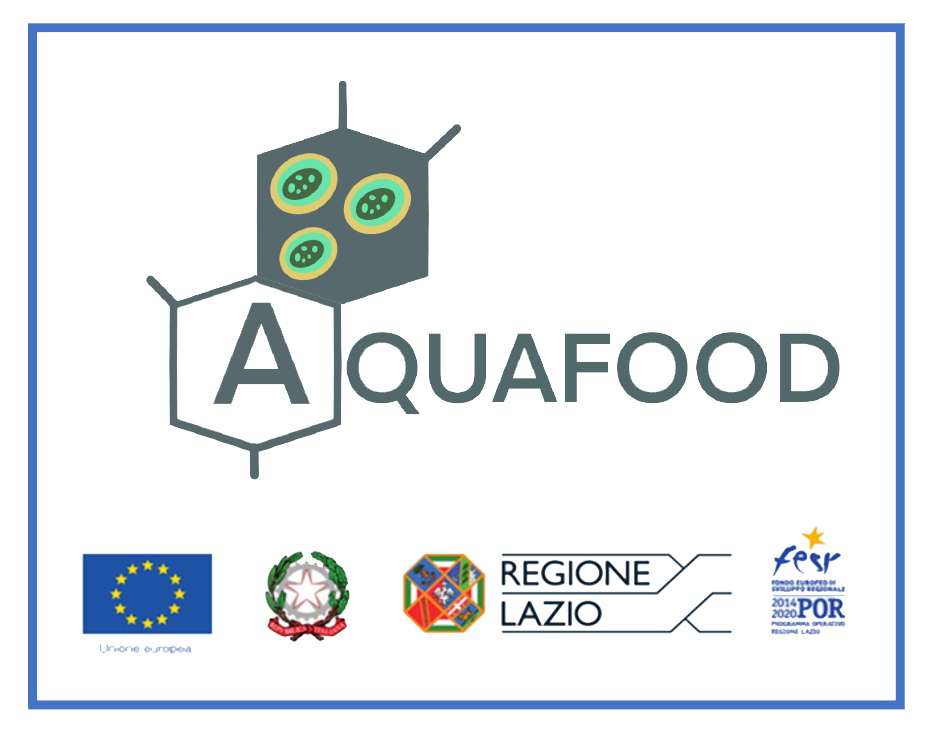
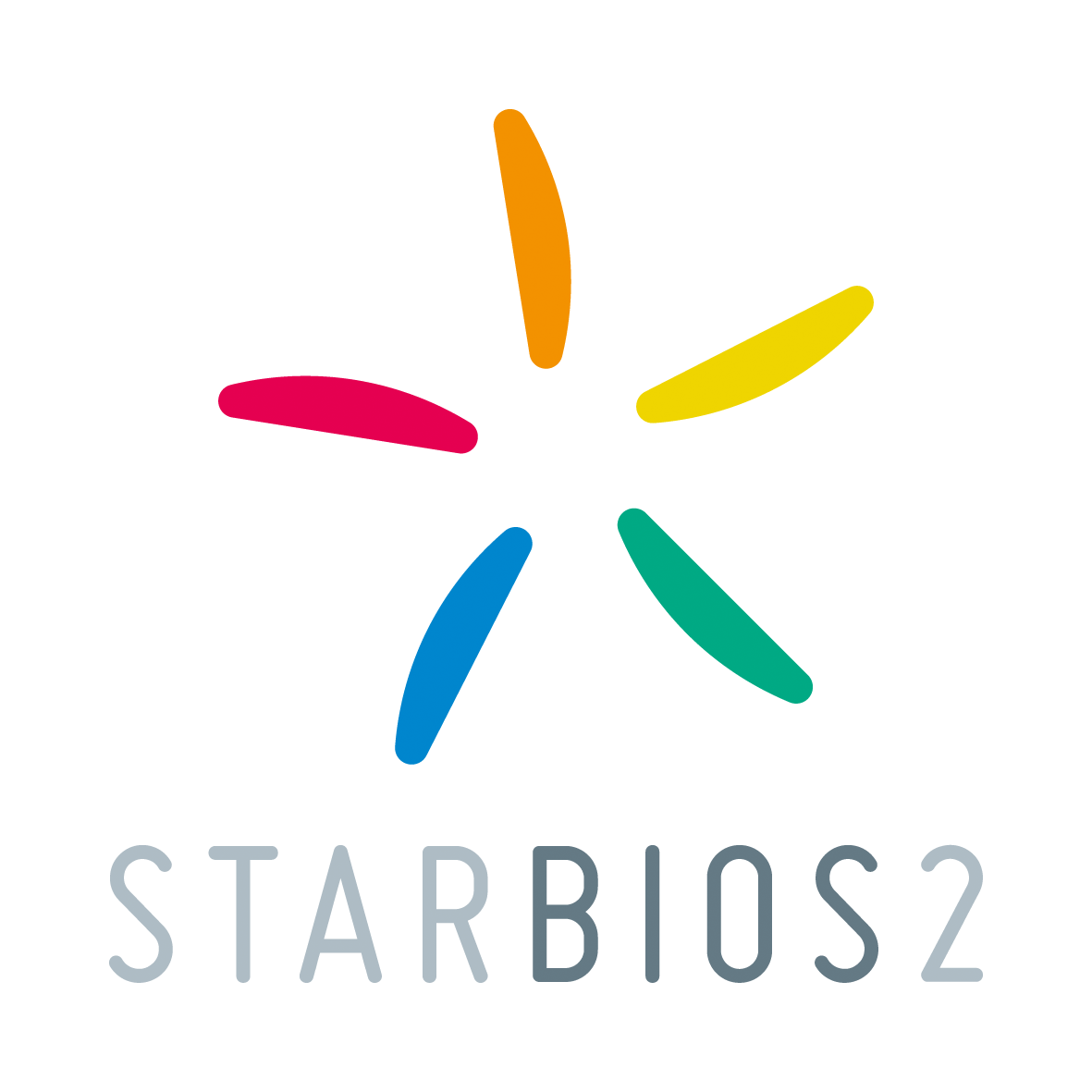
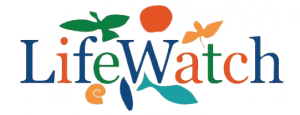
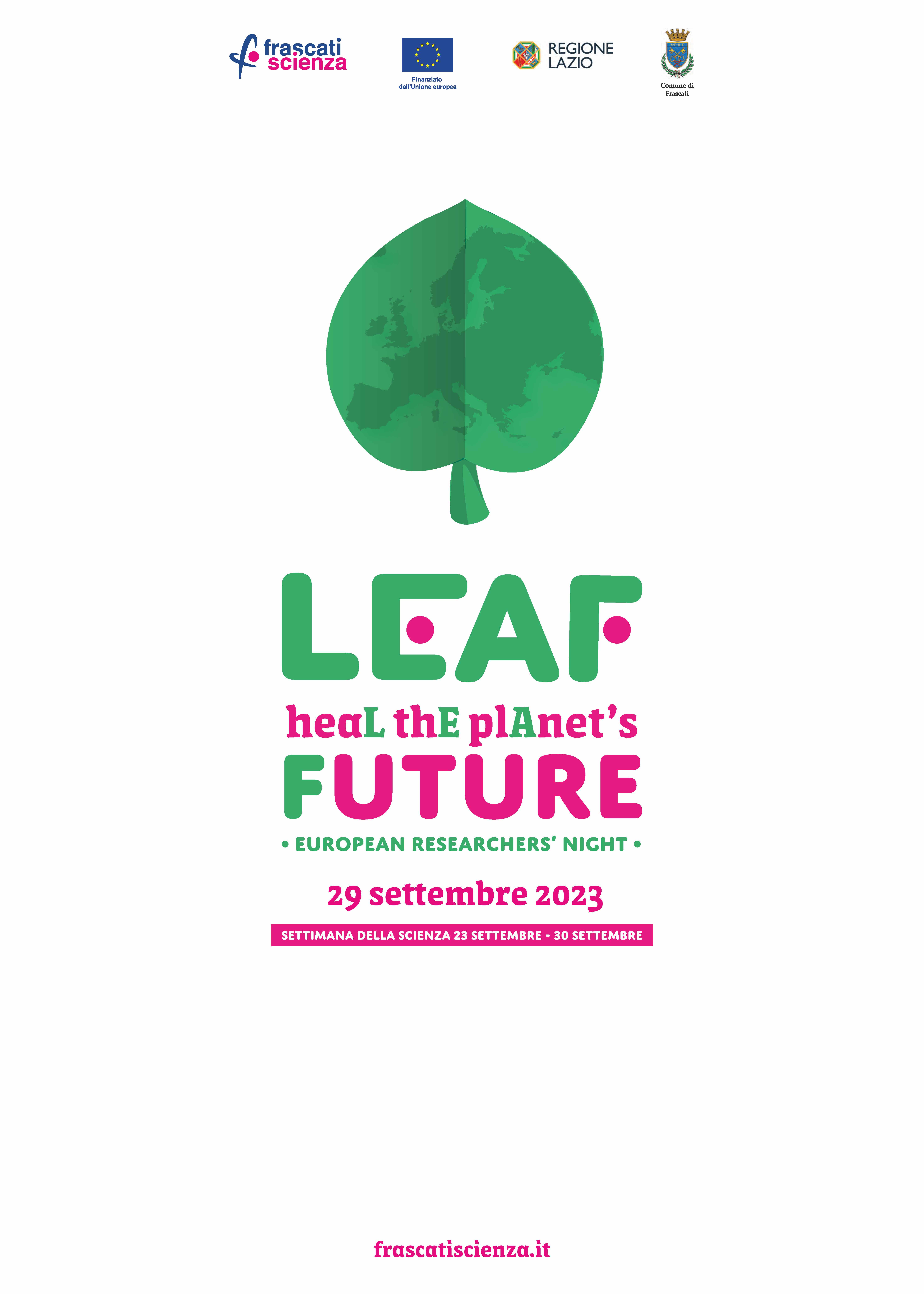
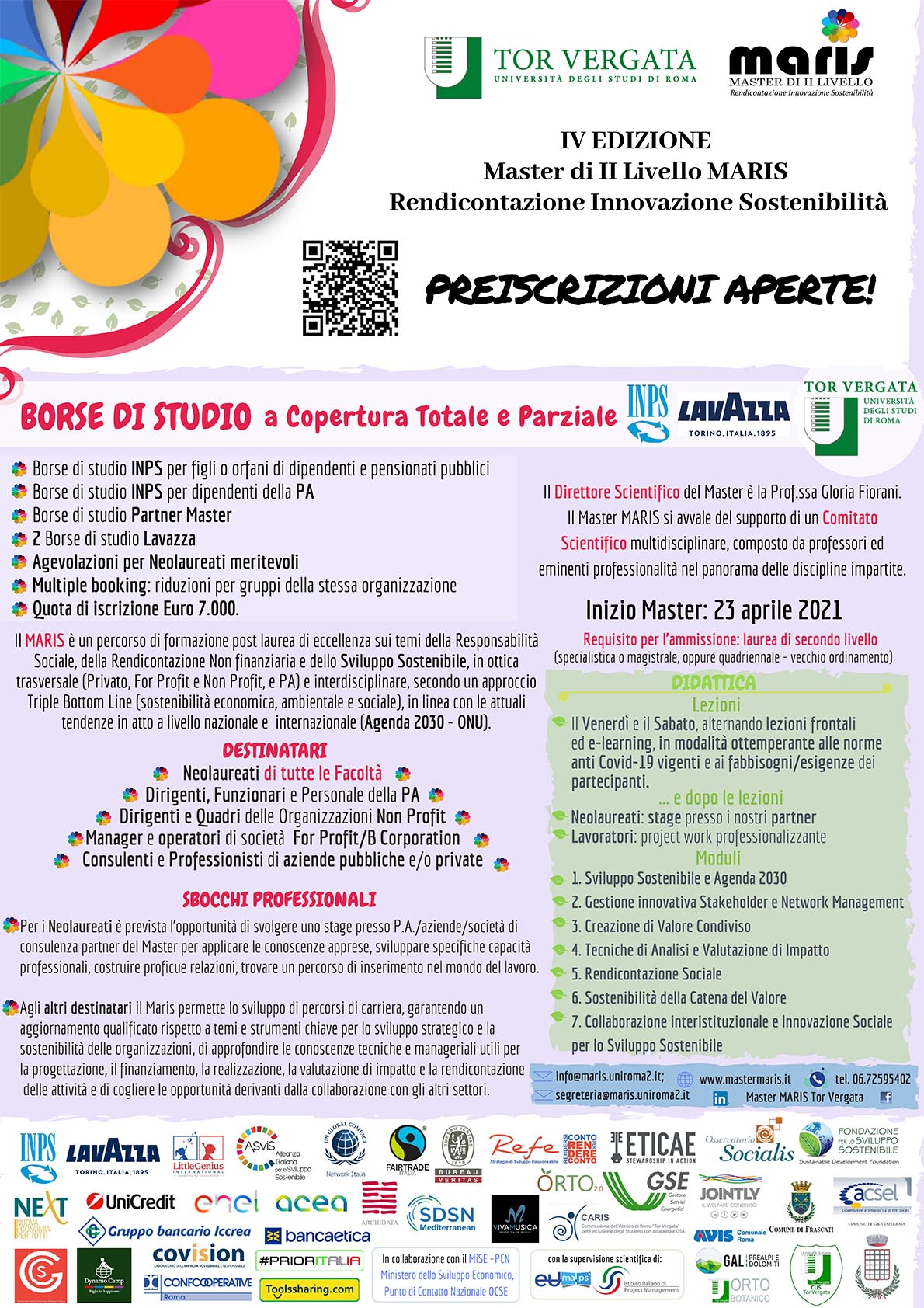
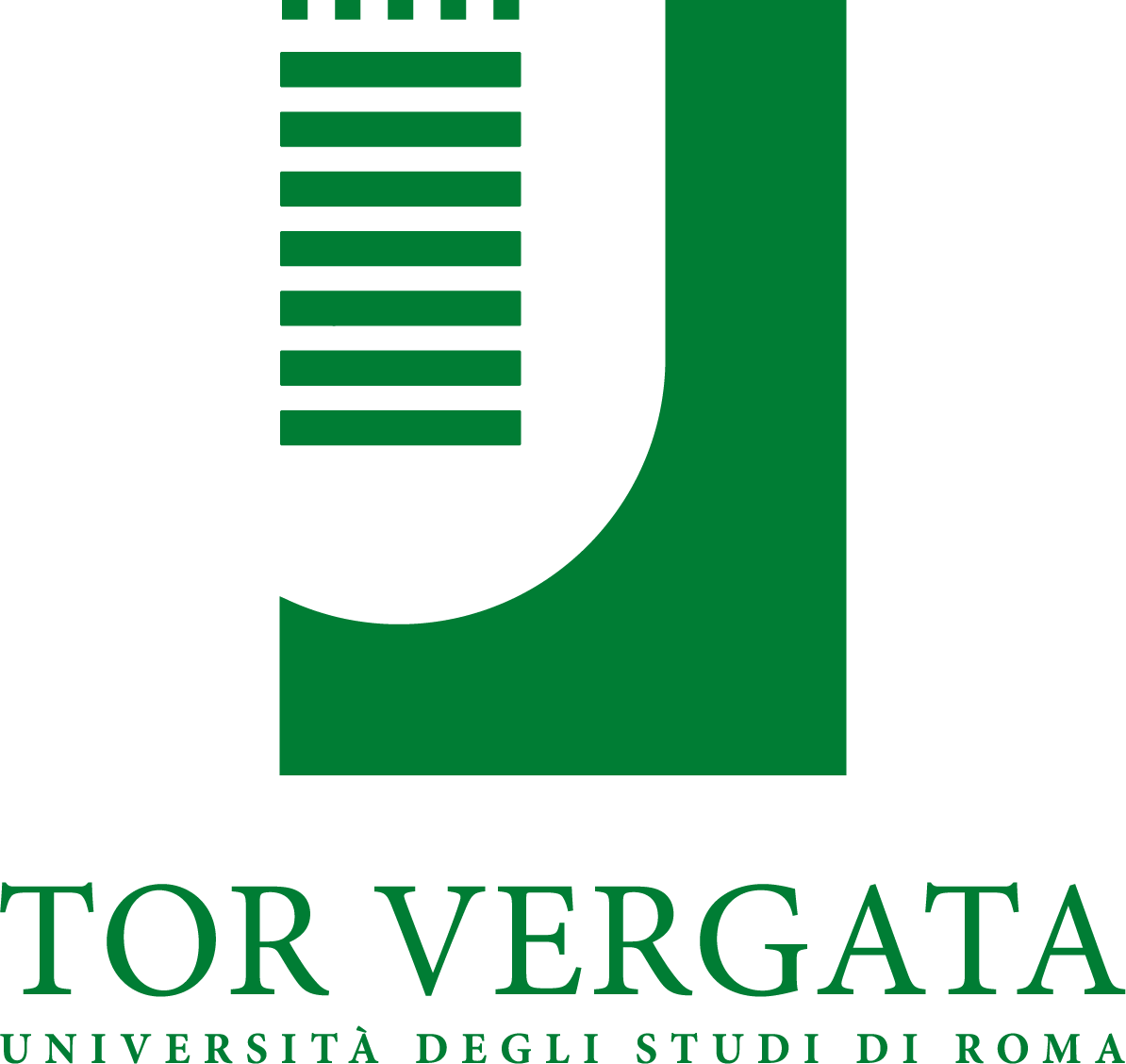
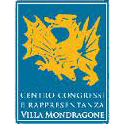
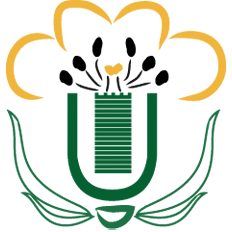
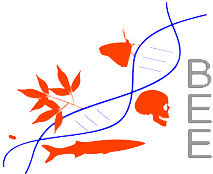
Università di Tor Vergata